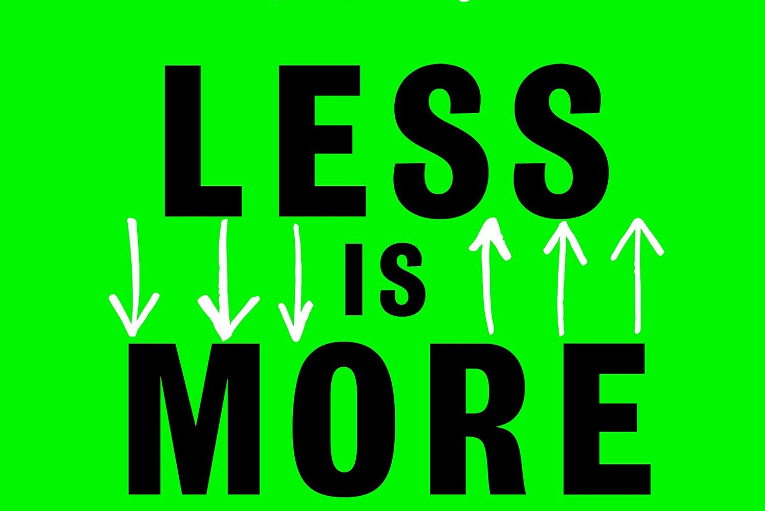Dr. Jason Hickel is an economic anthropologist, author, and a Fellow of the Royal Society of Arts. He is Professor at the Institute for Environmental Science and Technology at the Autonomous University of Barcelona, Visiting Senior Fellow at the International Inequalities Institute at the London School of Economics, and Chair Professor of Global Justice and the Environment at the University of Oslo. He is Associate Editor of the journal World Development, and serves on the Climate and Macroeconomics Roundtable of the National Academy of Sciences, the Statistical Advisory Panel for the UN Human Development Report, the advisory board of the Green New Deal for Europe, the Harvard-Lancet Commission on Reparations and Redistributive Justice, and the Lancet Commission on Sustainable Health.
Jason’s research focuses on global political economy, inequality, and ecological economics, which are the subjects of his two most recent books: The Divide: A Brief Guide to Global Inequality and its Solutions (Penguin, 2017), and Less is More: How Degrowth Will Save the World (Penguin, 2020), which was listed by the Financial Times and New Scientist as a book of the year.
Jason’s ethnographic work focuses on colonialism, anti-colonial struggles and the labour movement in South Africa, which is the subject of his first book, Democracy as Death: The Moral Order of Anti-Liberal Politics in South Africa (University of California Press, 2015). He is co-editor of two additional ethnographic volumes: Ekhaya: The Politics of Home in KwaZulu-Natal (University of KwaZulu-Natal Press, 2014) and Hierarchy and Value: Comparative Perspectives on Moral Order (Berghahn, 2018).








2 thoughts on “Jason Hickel”